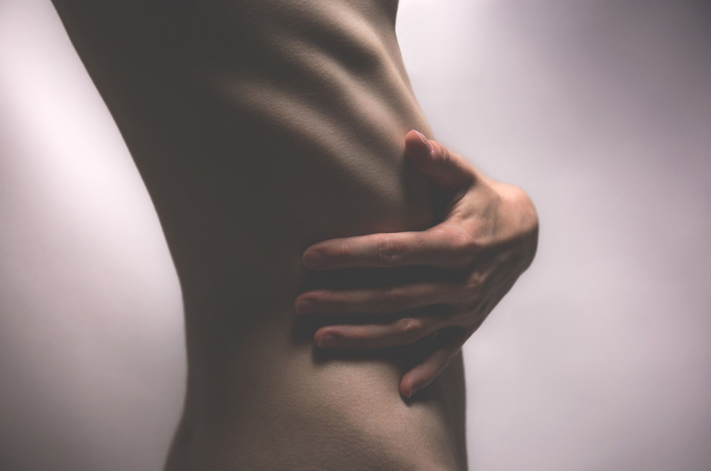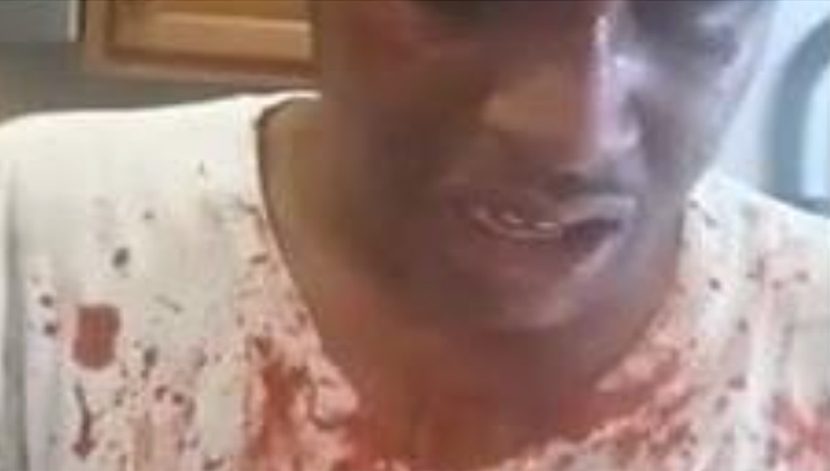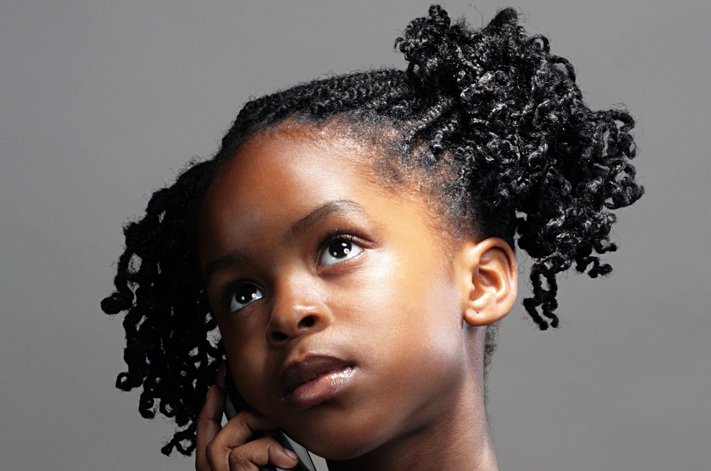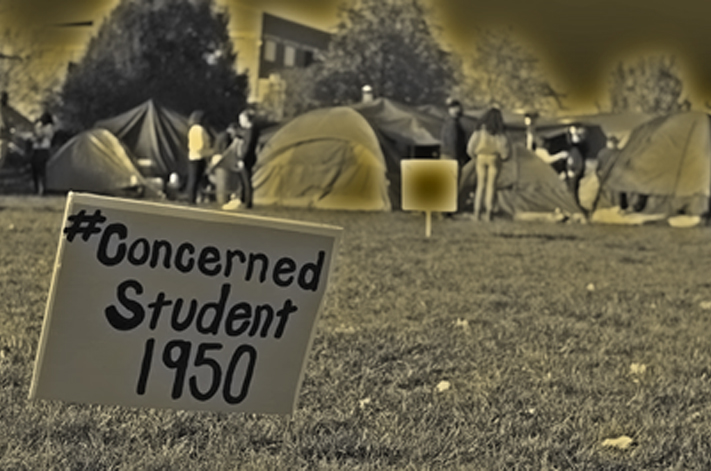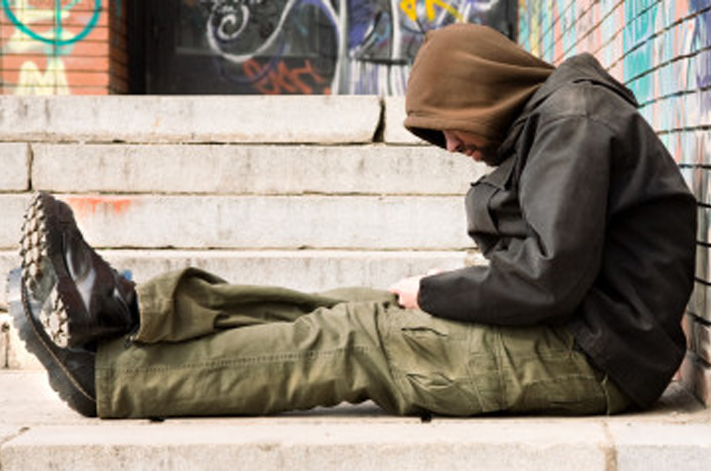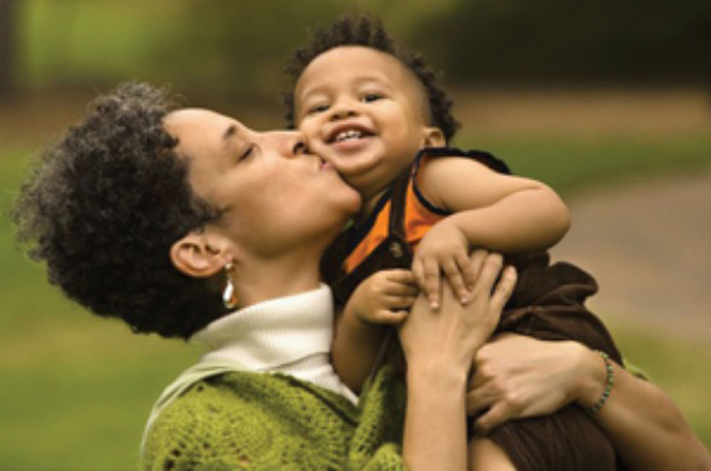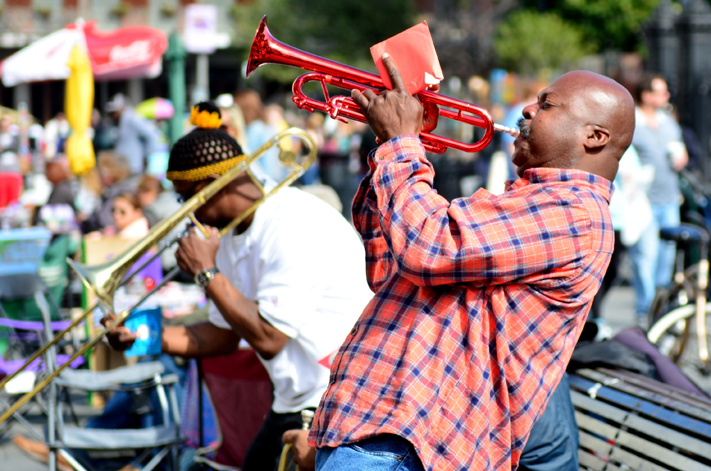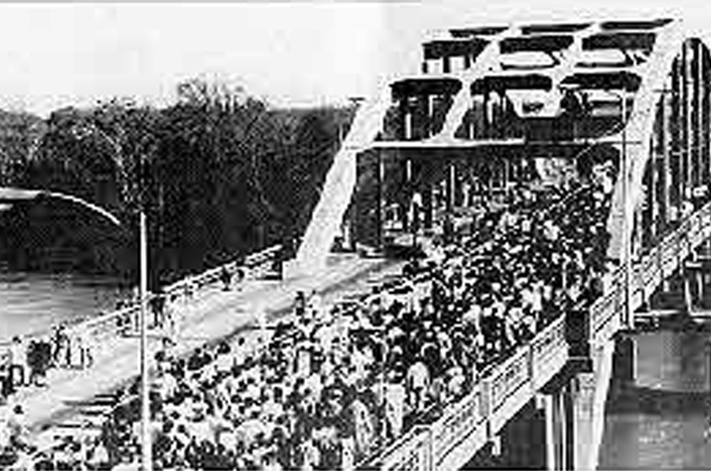Project Description
'I didn’t see the point in telling anyone. I didn’t think anyone would believe me.'
Fourteen years ago, I was raped.
It was late fall 2001. I was in the first semester of my 9th grade year in high school. I was14 years old. My parents had just gotten divorced, and I’d recently transferred to a new school district for a fresh start and to escape the bullying I’d endured for years at my old school. I was walking to my local Boys and Girls Club branch after school when some kids invited me over to their house for a few minutes. I was really excited that these kids – older than me – wanted to hang out with me. In my naiveté I was flattered and excited that I – a freshman, new transfer, and kind of nerdy kid – was being invited to hang out with the “cool kids.”
It only took about an hour for me to realize that this was the worst mistake I’d ever made in life. In that hour, my entire life changed. One of the boys at the house (the brother of the girl who’d invited me over) forced himself on me, taking my virginity and most of my self-worth with him. After it was over I did what any traumatized victim would do – I ran, as far away and as quickly as I could get.
I never spoke to any of them again.
I also never told anyone what’d happened to me… at least not until years later.
This wasn’t out of some misguided attempt to protect my rapist – although most people would like to think that. It wasn’t even so much out of guilt, although I did feel some measure of guilt for a long time. No, it was mostly because I didn’t see the point in telling anyone. I didn’t think anyone would believe me.
I was afraid to tell my parents because I didn’t want to get into trouble. My father had told me once the year before that if I ever told him someone had raped me he wouldn’t believe it because he felt I was “big enough to fight anyone off.” I realize now, so many years later, that he didn’t really mean that at the time. But as a scared and damaged 14 year old, I felt exactly that.
I also didn’t want to tell my parents because I didn’t want to hurt them. As I mentioned, they’d recently been divorced and my mother, especially, was dealing with serious bouts of the depression that accompanies letting go of a failed marriage. I didn’t want to add additional stress and anguish to her life, so I kept it to myself. I’d come to the conclusion from years of watching other women that this was probably my best bet anyway – like I said, who was going to believe me?
It took about ten years or so for me to finally come clean with my mom about what had happened to me. We cried and talked for a long time about what happened and why I never told her.
I’ve still never been brave enough to tell my dad.
I decided to write this today because of Bill Cosby. Over the last year I’ve watched numerous men and women cape for Bill Cosby, ignorantly conflating his image as Heathcliff Huxtable with his real identity and defending him ruthlessly because of it. I’ve watched as each of the women who have stepped forward and accused him of rape be lambasted with slurs and accusations of gold-digging. I’ve watched as people I once loved and respected a great deal denounce these women without a second thought because “if it really happened, then they should have spoken up sooner.”
I’m writing this because you need to know that it isn’t that easy.
Rape is a crime that I can liken only to murder. It kills a part of you from the inside. The only difference is that murder victims are able to escape their suffering at the end of the crime. I, on the other hand, will carry these scars with me forever.
I still remember every little minute detail about that day, from the denim Tommy Hilfiger dress I was wearing, to the faint smell of bleach and Fabuloso on those green tiles in the bathroom where he found me, to the sickening feeling of dread in my stomach as he pressed that sharp blade into my neck and warned me not to make a sound as he did his work.
I remember all of it.
It’s the reason that I’m 28 years old and I still sleep with the television on every night – because I’m afraid of the dark.
It’s the reason that my first instinct when entering into a room with unfamiliar people is to immediately look for several mode of exit.
It’s the reason I have panic attacks sometimes when people – especially men – try to hug me or touch me without my permission.
It’s also the reason I do this work. It’s the reason I wanted to create a safe space for Black women somewhere in the world. And it’s the reason I go so hard for my sisters every single day of my life.
1 in 6 women are the victims of rape in their lifetime. 18.8% of Black women and 24.4% of mixed-race women experience the same trauma that I’ve been made to endure, according to RAINN (Rape, Abuse, and Incest National Network).
So many of us never report – never call our attackers out for what they are.
I don’t begrudge any of us for that – it is not our responsibility to hold an attacker accountable for his/her crime. Our criminal justice system has a demented way of forcing rape survivors to relive their trauma over and over again, putting each experience and memory on trial when/if we do ever decide to come forward with the truth.
I want you to think about that the next time you hear from one of Bill Cosby’s victims. Instead of framing her as a “gold-digging hussy” trying to ruin a man’s career, I’d like you to just think of her as a person. Think of her as your mother, your sister, or your daughter. And think of how you would feel if someone said the same things you’re saying about that survivor to one of the women in your life.
Survivors don’t owe you an explanation or an apology for how and why and when we decide to disclose our status as survivors – if at all. We don’t owe anyone anything.
To those criticizing the women who have been victimized by Bill Cosby and others, I hope that you’ll take a critical look at yourself and think about the damage that you could be doing, not only to those women, but to the potential survivors all around you that you may or may not know about. Think about what your dismissal of these women’s experiences is teaching your daughters and your sons about consent, agency, and their value/worth as people.
To my fellow survivors, I send you nothing but love and light today, and every day. You are beautiful and special and deserving of love, whether you feel like it or not. You don’t owe the world an explanation and you have nothing to feel ashamed of.
You never need to apologize for how you choose to survive.
I love you.
Kioshana LaCount is a 20-something professional hailing from the Deep South (Alabama). She is the Founder and Co-Executive Director of The SpeakLove Project, a nonprofit dedicated to creating safe spaces for Black women in the online and offline communities. In her free time she writes, crafts, and advocates. Feel free to contact her at Kioshana@thespeakloveproject.com, or via www.TheSpeakLoveProject.com.
This piece was reprinted by EmpathyEducates with permission or license. We thank Kioshana LaCount for her kindness, for opening a window to real life relatable feelings, and for inviting an open, and honest discussion. We are also gratitude for the deeper discourse on issues affecting Black women that is the For Harriet. signature.
